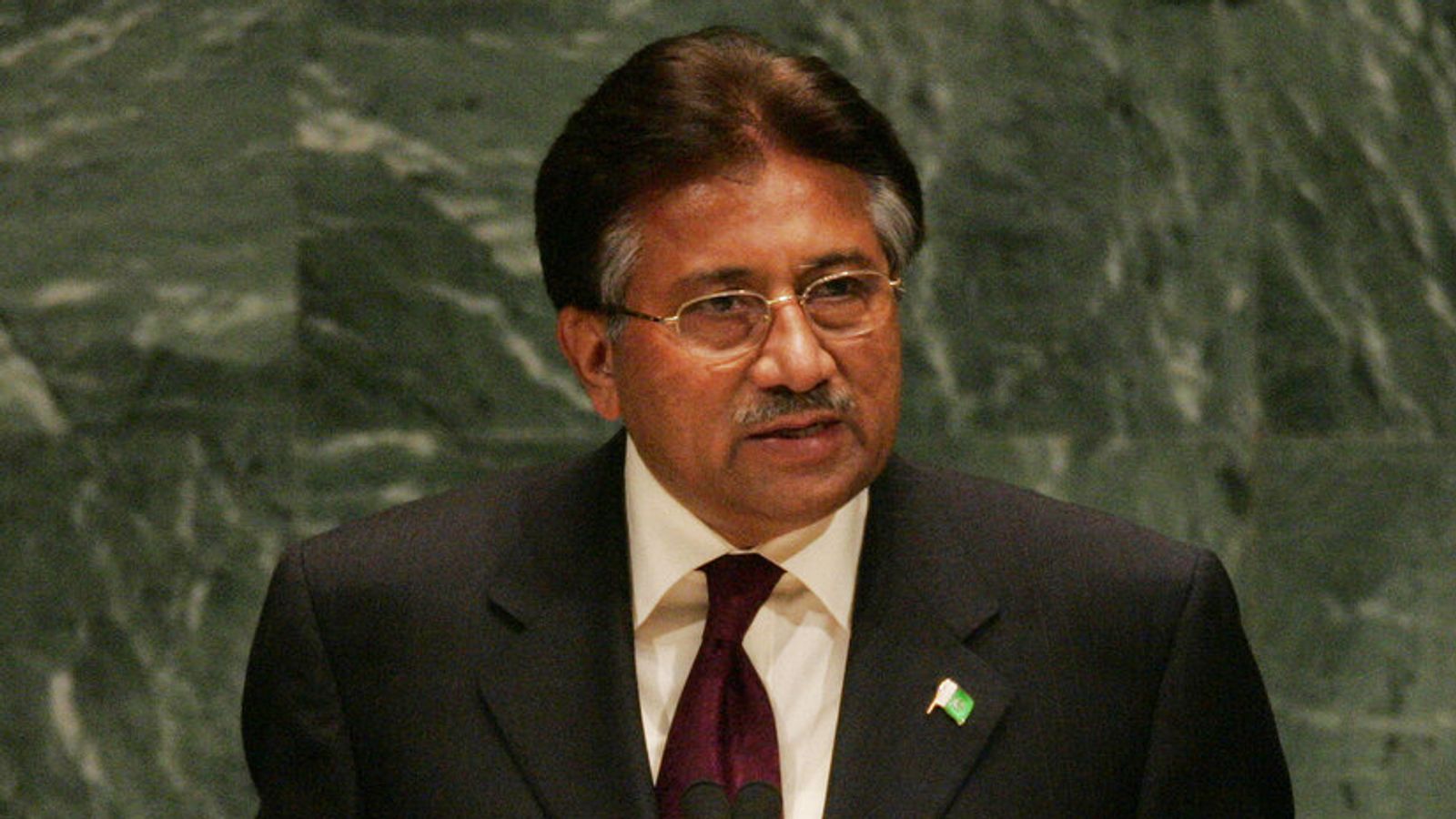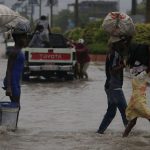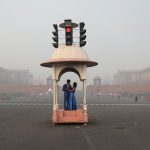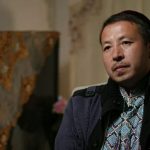Former president of Pakistan General Pervez Musharraf has died after a prolonged illness at the age of 79, according to Pakistani media.
The retired politician, who ruled Pakistan for nearly a decade after seizing power in a bloodless coup in 1999, passed away at a hospital in Dubai after spending years in self-imposed exile, news outlets reported on Sunday.
Born in Delhi in 1943 during the British Raj and raised in Karachi and Istanbul, Mr Musharraf was commissioned to the Pakistan Army in 1964 and saw action during the Indo-Pakistani War of 1965 as a second lieutenant.
He rose to national prominence after being promoted to four-star general by Prime Minister Nawaz Sharif in 1998, as well as head of the armed forces.
But after leading the Kargil infiltration that prompted the India and Pakistan war in 1999, he was able to take over Pakistan as president in 2001 following a coup and contentious relations with Mr Nawaz.
His presidency oversaw rapid economic growth, and he won plaudits around the world for his reformist efforts, pushing through legislation to protect the rights of women and allowing private news channels to operate for the first time.
He also pushed for social liberalism throughout his presidency, as well as economic liberalisation, and also banned trade unions.
Pakistan seeks cash bailout as its financial woes deepen after political turmoil and devastating floods
Pakistan mosque attack: At least 100 killed in suicide bombing – as militant commander tries to claim responsibility
Ten children die after boat capsizes in Pakistan
Most notably, Mr Musharraf built friendly relations with the US and became one of Washington’s most important allies.
His penchant for cigars and imported whisky, along with his encouraging Muslims to adopt a lifestyle of “enlightened moderation”, increased his appeal in the West in the aftermath of the 9/11 attacks in the US.
He continued to back the US, allowing its forces to operate armed drones from secret bases on Pakistani soil that killed thousands and ordering domestic troops into the country’s lawless tribal areas along the Afghanistan frontier for the first time in Pakistan’s history.
But it was his heavy-handed use of the military to quell dissent, along with his ongoing support for the US in its fight against al Qaeda and the Afghan Taliban, that ultimately led to his downfall, plunging Pakistan into a bloody war against local extremist militant groups.
He later took credit for saving Pakistan from American wrath, writing in a 2006 memoir that the country had been warned it needed to be “prepared to be bombed back to the Stone Age” if it did not ally itself with Washington.
The later years of his presidency were overshadowed by his increasingly authoritarian rule, including ordering troops to storm a mosque in Islamabad to kill more than 100 students who had called for the imposition of Sharia law.
Mr Musharraf was president of Pakistan until 2008 and remained the Army Chief until retiring in 2007.
After his party lost the country’s first democratic elections in 11 years in 2008 and faced impeachment, he resigned as president and fled to London.
Mr Musharraf returned to Pakistan in 2013 to run for a seat in parliament but was immediately disqualified, and by 2016 he was allowed to leave for Dubai.
In 2019, he was sentenced to death in absentia for the 2007 imposition of emergency rule, but the verdict was later
overturned.






















